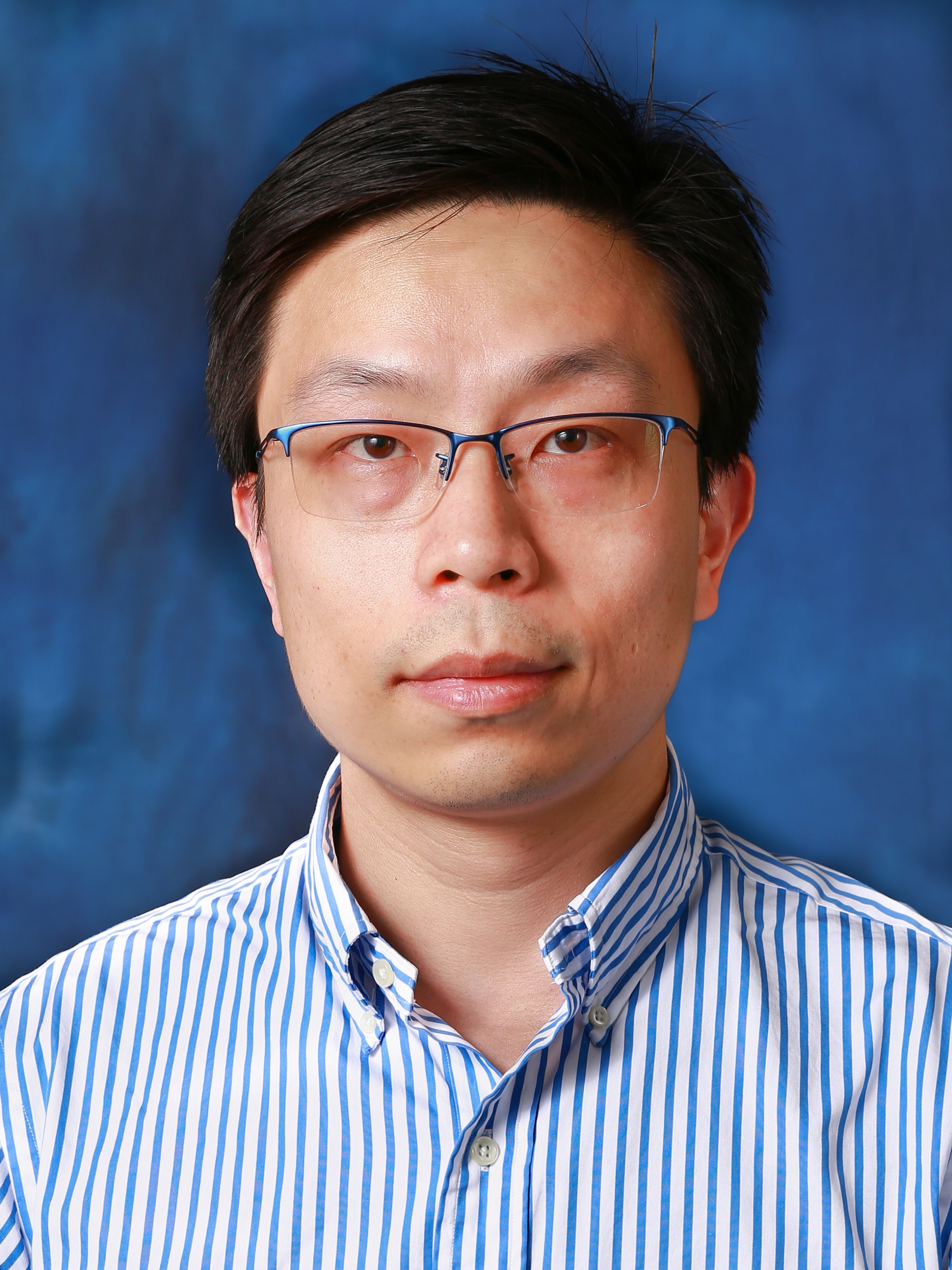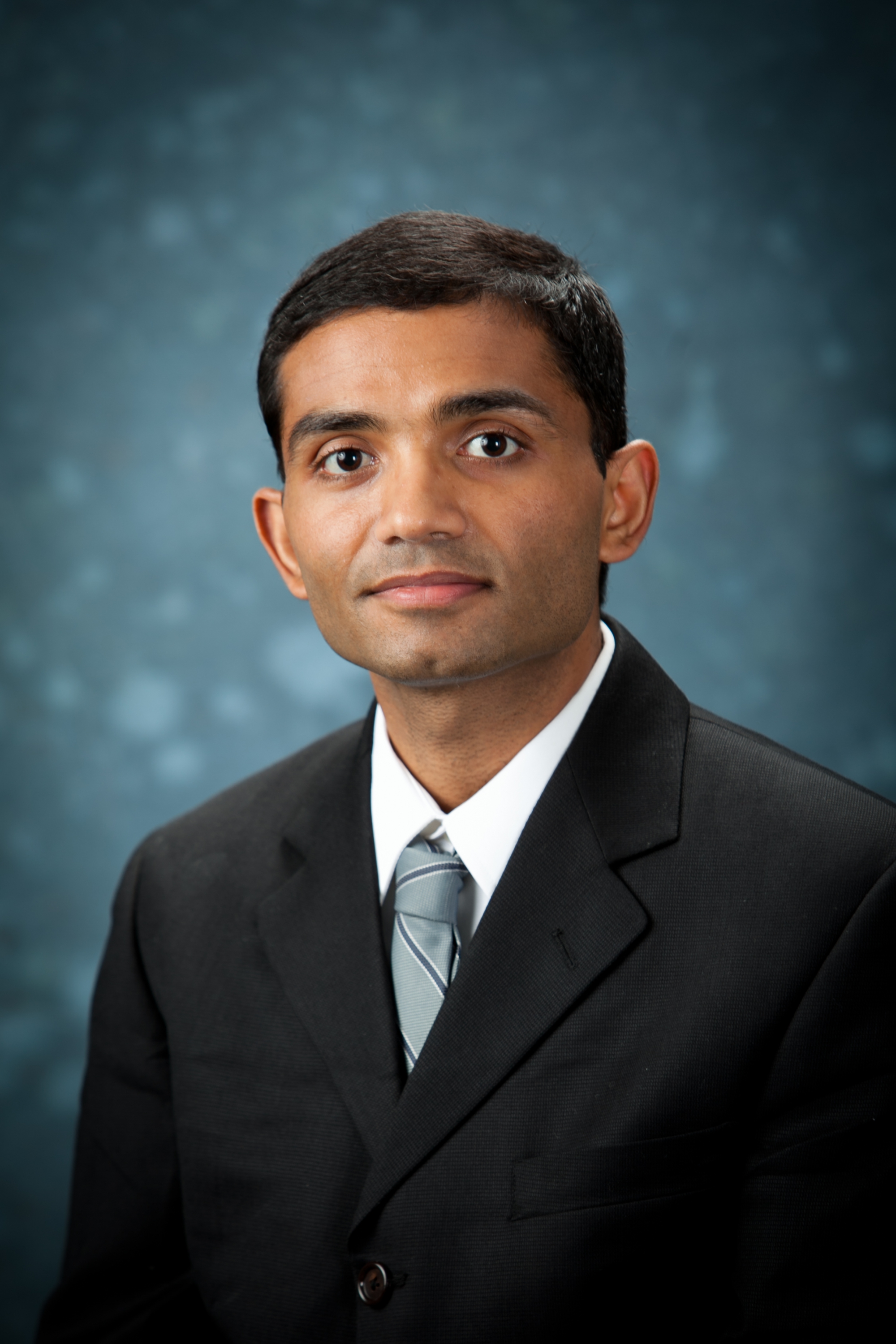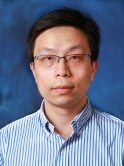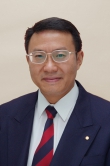CUHK
News Centre
Three CUHK Engineering Professors Elected IEEE Fellows 2018
Prof. Jiaya Jia, Prof. Chandra Nair and Prof. Jianbin Xu from the Faculty of Engineering at The Chinese University of Hong Kong (CUHK) have been elected Fellows of the prestigious Institute of Electrical and Electronics Engineers (IEEE) in the class of 2018, for their remarkable accomplishments in “deblurring techniques in computational photography”, “network information theory” and “nanoscale electronic materials and devices” respectively. The total number of recipients each year does not exceed 0.1% of the total voting IEEE membership. So far, a total of 31 out of 110 Engineering professors in CUHK have been conferred such recognition.
Prof. Jiaya Jia
Prof. Jiaya Jia is an artificial intelligence expert and has significantly contributed to computational photography. He received his Ph.D. degree in Computer Science from Hong Kong University of Science and Technology, and joined the Computer Science and Engineering Department in 2004.
Computational photography is an emerging new field created by the convergence of computer graphics, computer vision and photography. Its role is to overcome the limitations of traditional cameras by using computational techniques to produce a richer, more vivid, perhaps more perceptually meaningful representation of the visual world, in order to eventually capture, manipulate, and interact with visual media. Prof. Jiaya Jia has contributed a number of new techniques for super resolution, deblurring, colourisation, editing, matting, composition and panorama construction.
Prof. Jia has published over a hundred papers with 11,000 citations in Google Scholar. He received the Young Researcher Award 2008 and Research Excellence Award 2009 from CUHK. His projects have been supported and funded by numerous international IT giants like Microsoft, Qualcomm, Adobe, Intel, NVIDIA, Amazon, Lenovo and Huawei.
Prof. Chandra Nair
Chandra Nair was a Stanford Graduate Fellow and a Microsoft Graduate Fellow during his graduate studies, M.S. and Ph.D., at the Electrical Engineering department of Stanford University. Later, he became a post-doctoral researcher with the theory group at Microsoft Research, Redmond. He has been a faculty member of the Information Engineering department at CUHK since 2007.
Prof. Nair received the 2016 Information Theory Society paper award for developing a novel method to establish the extremality of Gaussian distributions for families of non-convex sub-additive functionals on probability spaces. He is currently a Distinguished Lecturer of the IEEE Information Theory Society. He serves as the programme director for the undergraduate programme on Mathematics and Information Engineering and as the director of the Institute of Theoretical Computer Science and Communication at CUHK.
In his early research career, he considered random versions of combinatorial optimisation problems. His doctoral thesis resolved a longstanding conjecture about the assignment problem and his post-doctoral work resolved another conjecture about the number partitioning problem. At CUHK, his research focus shifted to fundamental mathematical problems in network information theory. He has managed to solve a number of decades-old open problems and make substantial progress on others, for which he was elevated to an IEEE Fellowship.
Prof. Jianbin Xu
Prof. Jianbin Xu received his B.Sc. and M.Sc. from Nanjing University, in Physics and Electronic Science and Engineering. His doctoral dissertation at the University of Konstanz focused on the near-field sensing and nanoscopic energy transfer and heat transport associated with electronic processes. Right afterwards, he joined CUHK in 1993 and became professor at the Department of Electronic Engineering in 2002.
He is well known for his significant contributions to nanoscale characterisation and nanomaterials, and more recently, nanoscale devices. In span of his research career, he has been engaged in a number of challenging issues, namely exploring the heat transfer across a vacuum and an air gap down to submicron range which has significant implications on heat transfer in electron devices; exploring commercially-available atomic force microscope (AFM) based crystallography and metrology, so as to improve the technique of precision engineering, which is important for semiconductor industry and beyond; understanding the electronic properties of ultrathin gate oxides for MOS transistors which are building blocks of the contemporary information and communications technology (ICT); developing an interface engineering strategy for graphene and two-dimensional semiconductors as well as organic semiconductors which hold a great potential for flexible electronics.
Prof. Xu has published extensively on advanced electronic and photonic materials and devices, as well as on nanotechnology in peer-reviewed professional journals and conferences. He has published over 400 papers with about 7,500 citations in Google Scholar and Web of Science, and over 5,700 peer citations, with 8 being the highly cited paper of Essential Science Indicators (the top 1% in the Science and Technology sector). He is a recipient of Joint Research Fund for Overseas Chinese, Hong Kong and Macau Scholars, funded by the National Natural Science Foundation of China, a nationally prestigious award (formerly National Science Fund for Distinguished Young Scholars (Overseas Chinese)). He is also the Outstanding Fellow of the Faculty of Engineering, recipient of Research Excellence Award, CUHK, and Chang Jiang (Cheung Kong) Scholar Chair Professor in 2014.
About IEEE
The IEEE is the world’s largest professional organisation dedicated to advancing technological innovation and excellence for the benefit of humanity, with more than 430,000 members in over 160 countries. IEEE Fellow is the highest grade of membership and is recognised by the technical community as a prestigious honour and an important career achievement.







